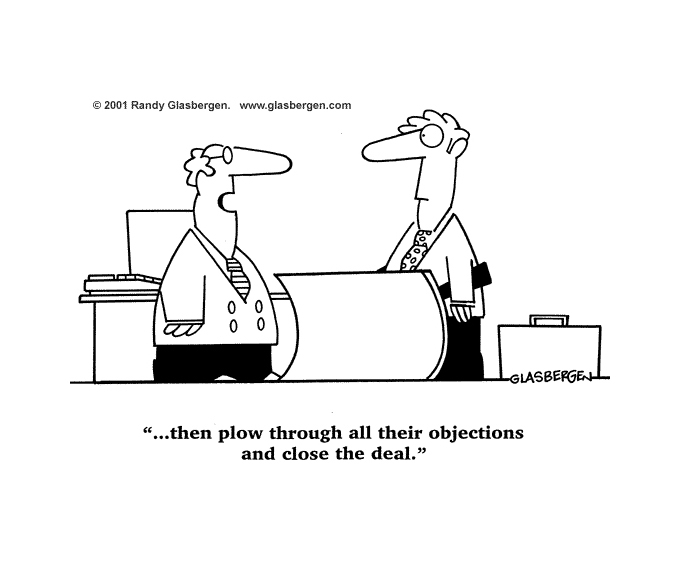When a sales leadership position opens up in a business it’s relatively common that the top performing sales person in that business will be earmarked for the role. I suppose it may seem the obvious thing to do. Why not reward your star performer with a promotion – and after all, who better to lead the sales team than someone who has a proven track record in hitting their numbers.
However, all too often, this can lead to disaster. There is a very real possibility that you will end up with not just a poorly performing and demotivated sales team, but also lose your top performer. Here are a couple of reasons why:
Sales and Sales Management are Very Different Roles
Yes, I know it seems obvious yet it is something that is overlooked. A front-line sales role involves prospecting for new opportunities (either within existing customers or with new prospects), qualifying opportunities, identifying customer needs, developing solutions, developing relationships, etc. Sales management involves actively creating a winning culture through coaching and leading; it also involves planning, reporting (lots of it), forecasting, analysing, managing HR issues and a myriad of other (often mundane) tasks.
Having been successful in sales does not necessarily equip you to be successful in sales management. I have first-hand experience of this and wrote about it in a previous blog https://www.linkedin.com/pulse/cocking-up-my-first-sales-management-role-lessons-gillanders-?trk=mp-reader-card
People Management Is Bloody Hard
It’s one thing managing people but doing it well is quite another. One of the major reasons cited by sales people when looking to move on from their current employer is bad or ineffective sales management/leadership.
I think at least part of the reason why great sales people find people management so challenging has to do with their natural attributes. An extraordinary level of drive, a determined (even single-minded) focus, competitiveness and a sense of urgency are all attributes that you might expect in a top performing sales person. Yet these same attributes can often cause frustration, anxiety and even anger in a sales manager who expects their team to be mirror images of themselves.
‘Telling a team what to do’ versus ‘helping them to get there’ is not a skill that should be underestimated. It requires patience, flexibility and tolerance – quite different to the attributes listed above that we typically associate with high performing sales people.
Top Sales People are Conditioned to Self-Reliance
This really follows on from the point above. Great sales people always hold themselves accountable and thrive in an environment where they rise and fall on their own efforts.
Given that in any typical organisation 50% or more of the sales team will be below target, this can be a real challenge for the inexperienced sales manager. It’s common in these circumstances for inexperienced sales managers to feel the need to ‘fix it’ themselves by stepping back into a front-line sales role to get deals closed. This may get results in the short term but doesn’t fundamentally change the effectiveness of the sales organisation as a whole.
There are other areas that could be added to this list but rather than end up with a very long blog post I’d rather hear about your experiences and perspective on this subject.
In closing my view is that a great sales manager does need to have sales experience, indeed they need to be at least a good salesperson, but they don’t need to be the best. To be a great manager you have to be a great leader, not necessarily a great sales person.
One final point here – if you are going to promote one of your sales people into a sales management role, then don’t assume that they can succeed without the right level of support, training and coaching.

